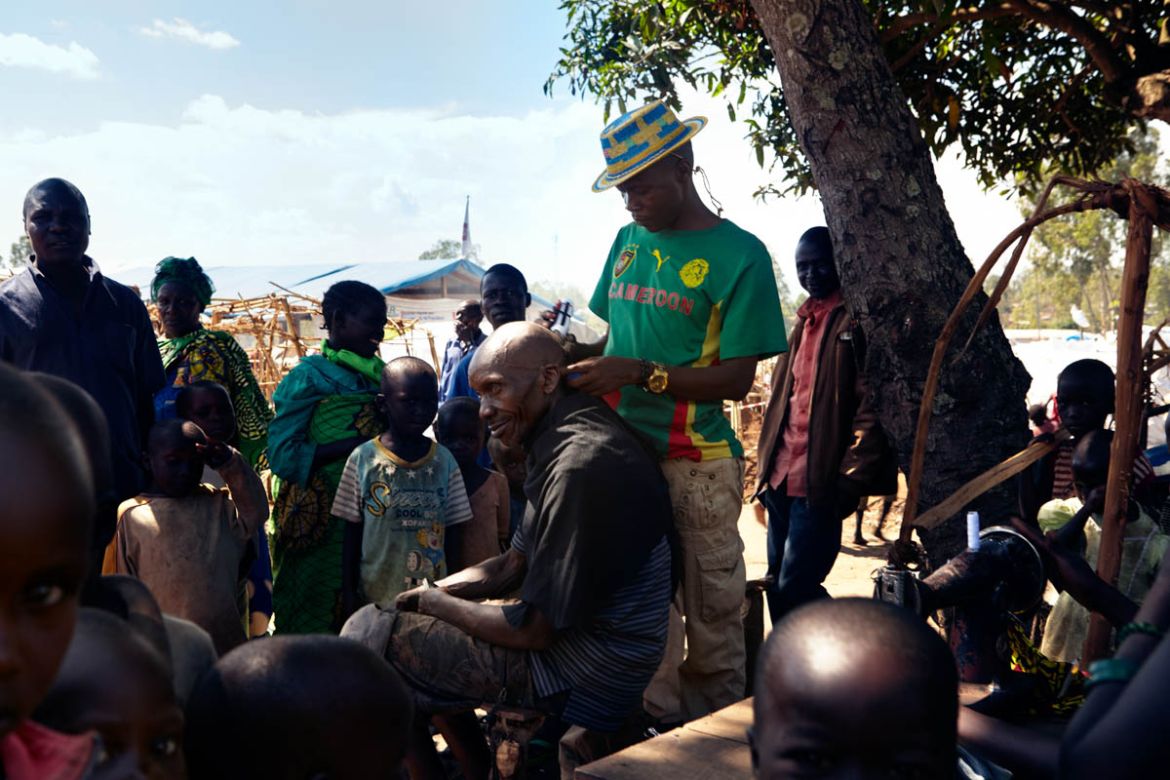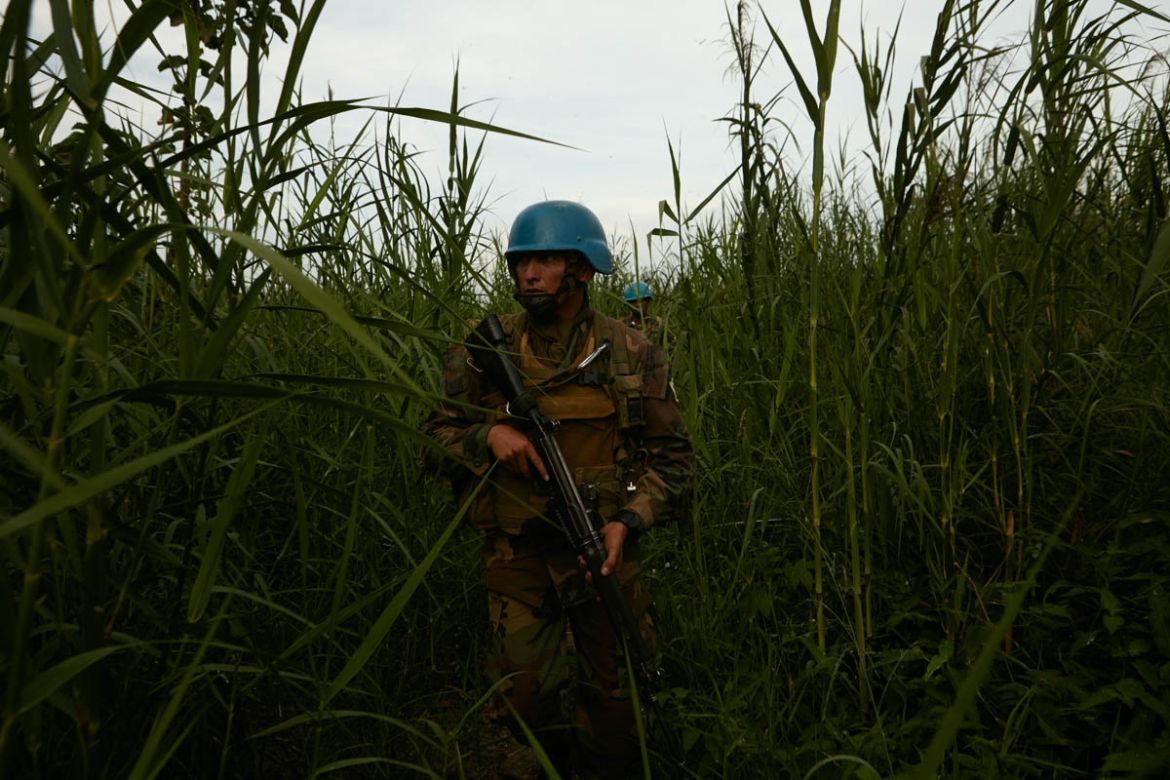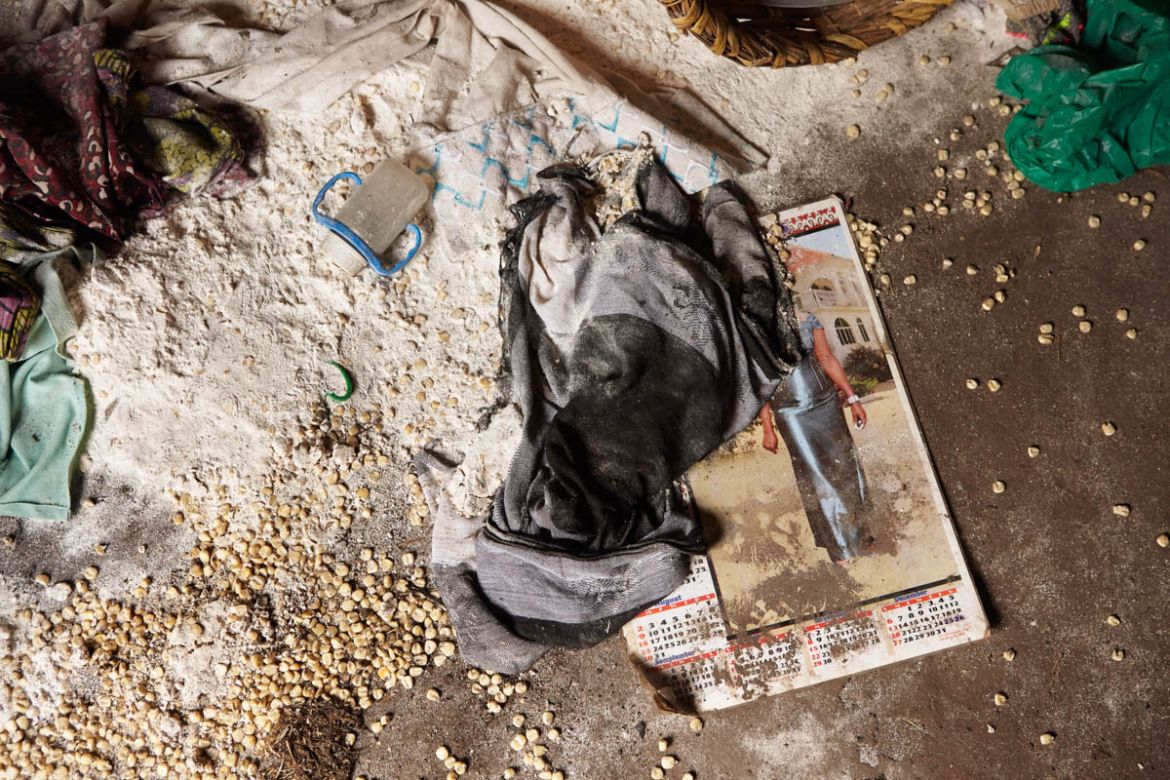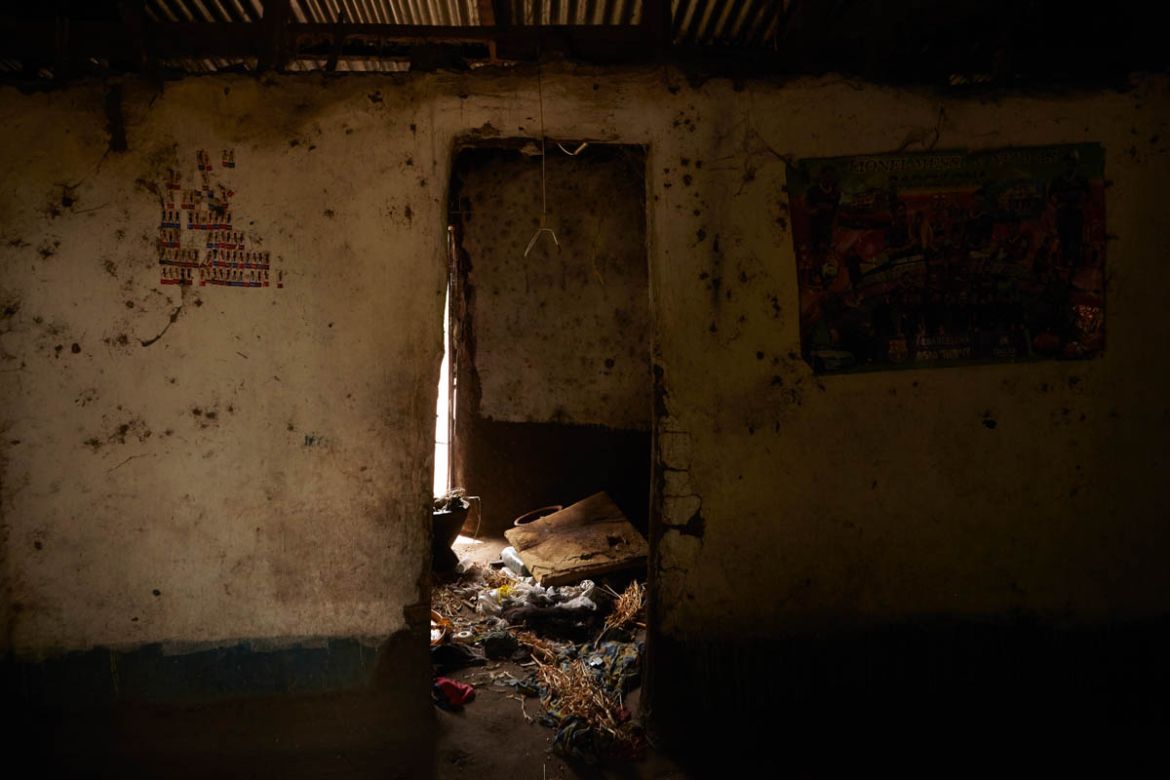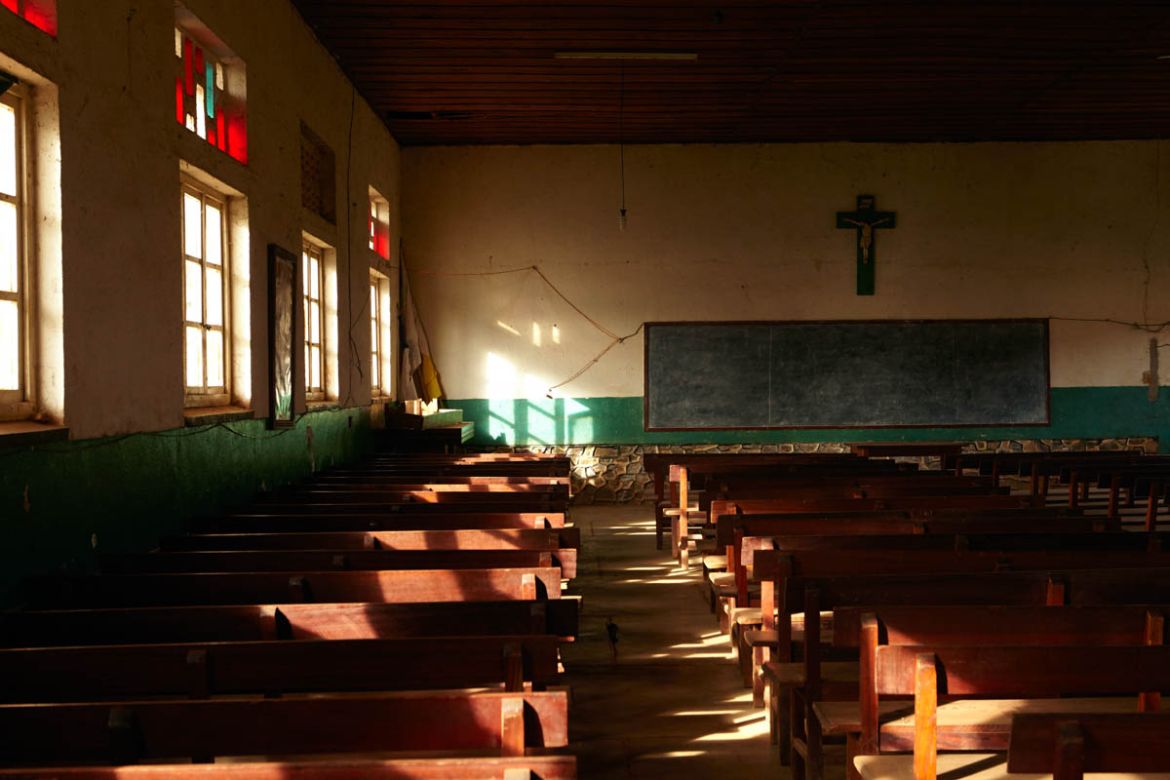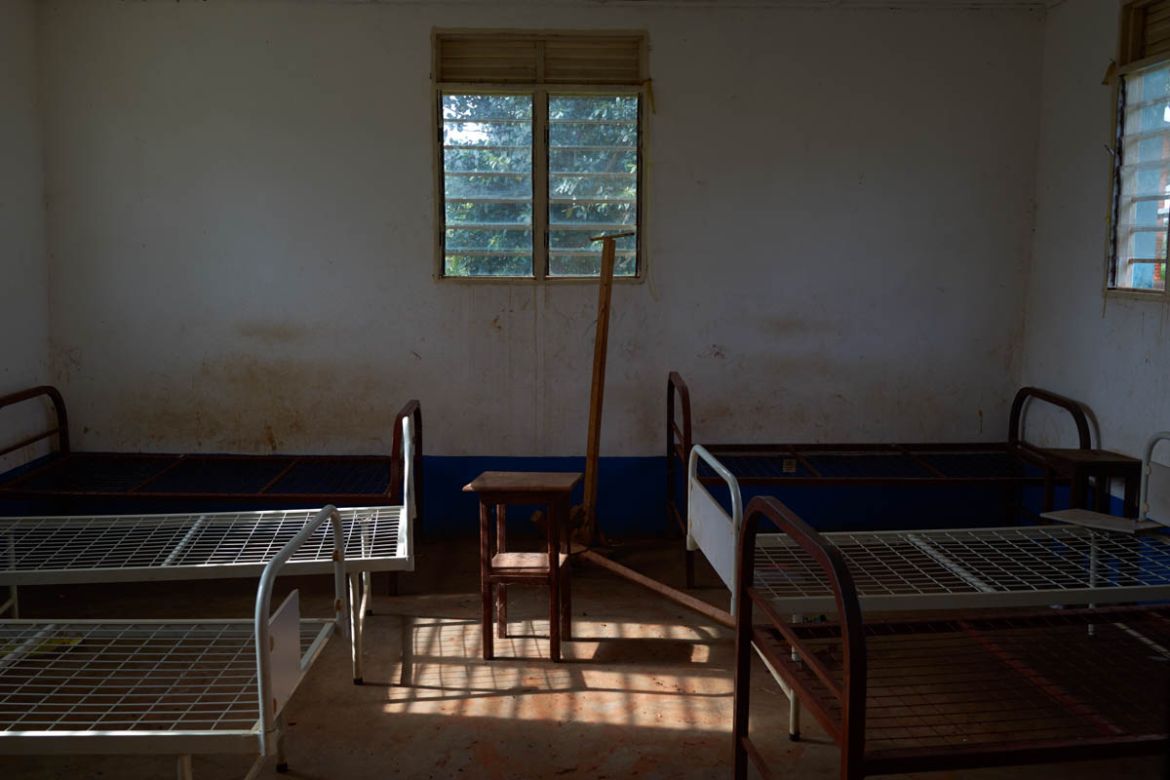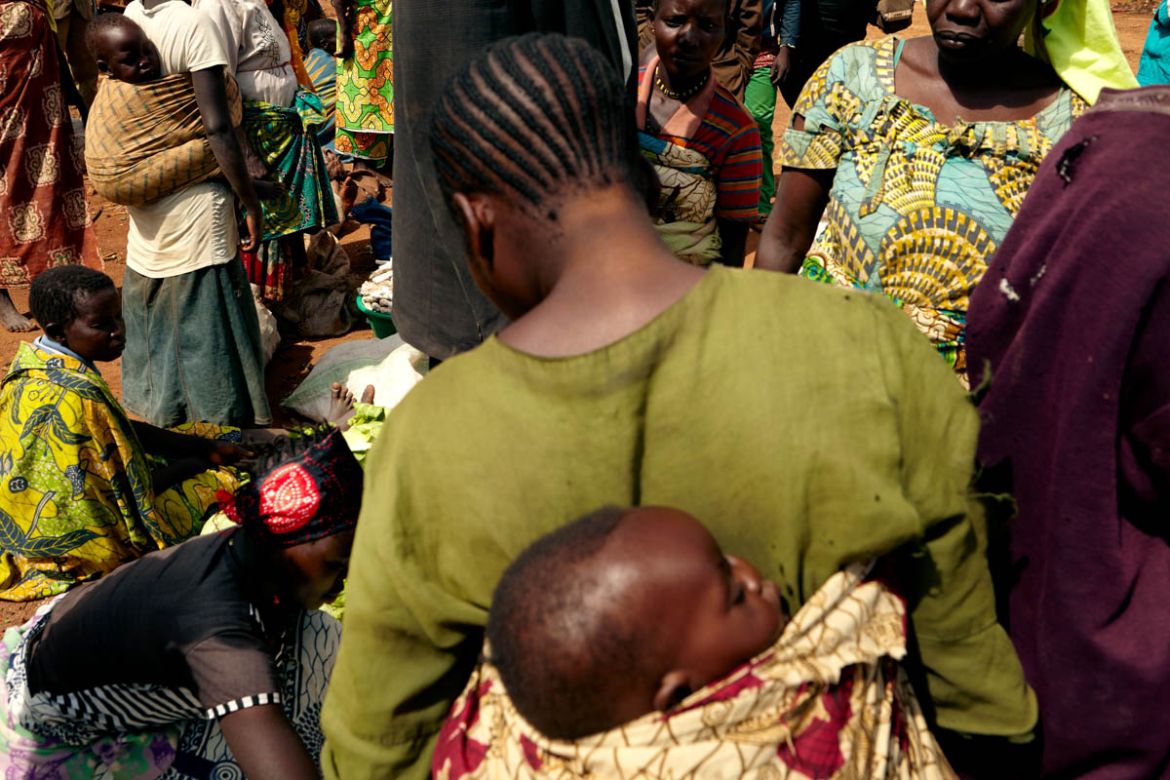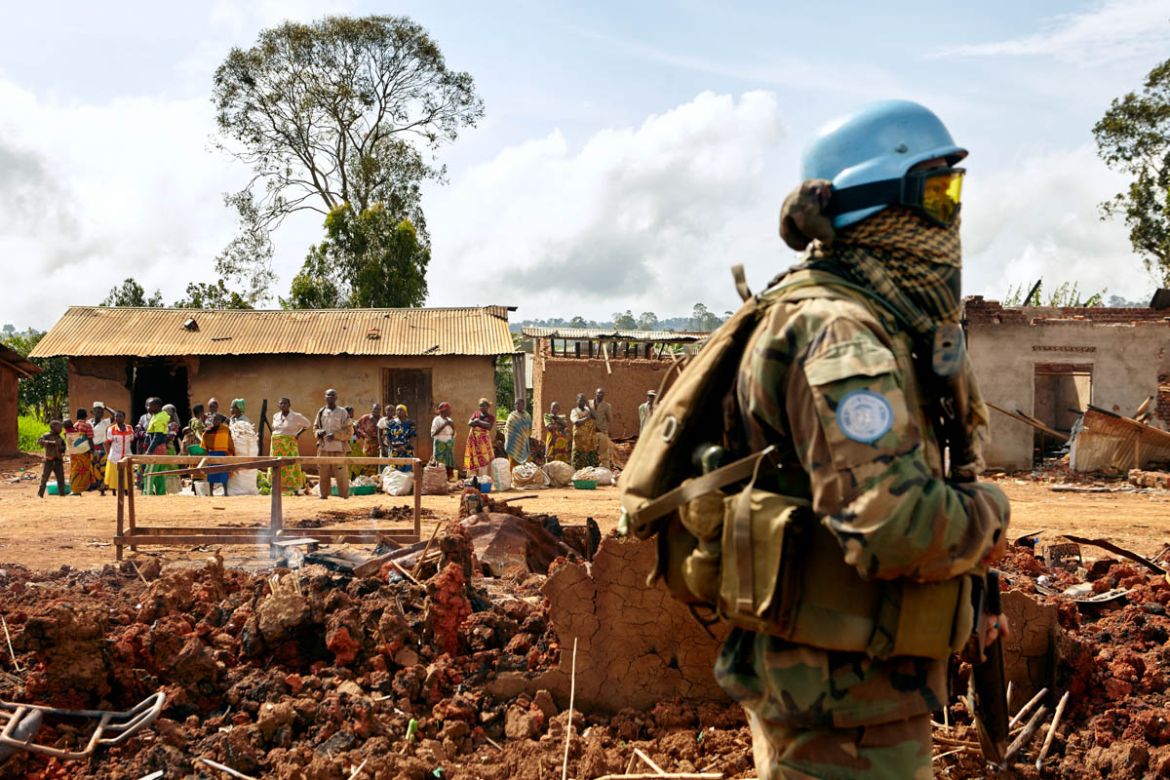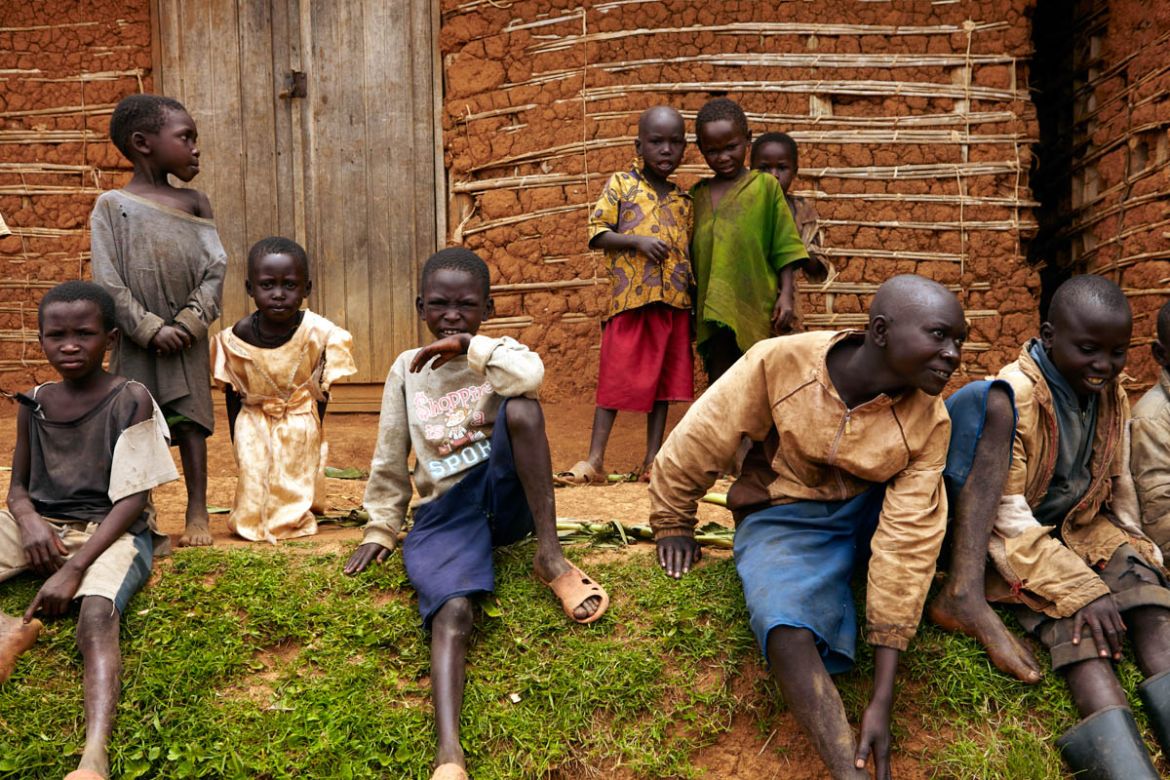In Pictures
Violence returns to DR Congo’s Ituri province
Recent fighting in country’s northeast has forced tens of thousands to flee since December of last year.
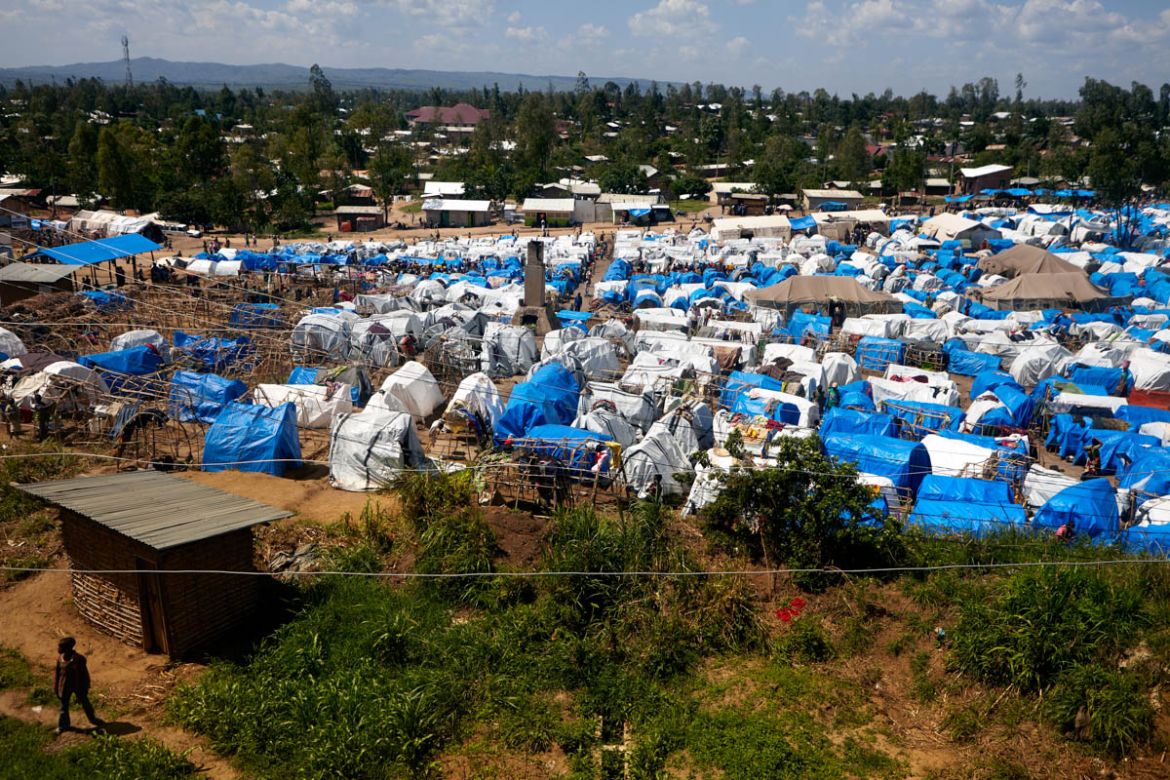
A recent surge in fighting has plagued the northeastern territory of Ituri in the Democratic Republic of Congo. In a wave of attacks beginning in December of 2017, tens of thousands of members of the Hema community have fled the Djugu territory of Ituri to evade Lendu aggressors.
More than 40,000 Congolese have fled the country to seek refuge in neighbouring Uganda, while tens of thousands more have travelled north towards the town of Mahagi and south towards the province’s capital, Bunia. This new fluctuation in displacement is but a mere fraction of the estimated 4.5 million Congolese displaced across the country.
Tensions between the Hema and Lendu communities, who have shared the land currently recognised as Ituri, has existed since Belgian colonial rule. The Hema people benefitted from a disproportionate access to education and wealth that ended up creating a socioeconomic gap that has remained prominent to this day. Despite this, the geographical proximity of the two tribes has allowed for inter-marriage and even in some areas a common language.
Sparked by the Second Congo War, fighting between the two tribes shook the region between 1999 and 2003, during which an estimated 60,000 people were killed and 500,000 displaced.
Violence continued in the region until 2007 after which Ituri has enjoyed a relative peace.
Though it has been generally understood that Lendu groups have instigated the recent violence, armed with machetes, spears, bows and arrows and some with guns, their motives behind the sudden attacks and whether they were acting autonomously has remained unclear.
